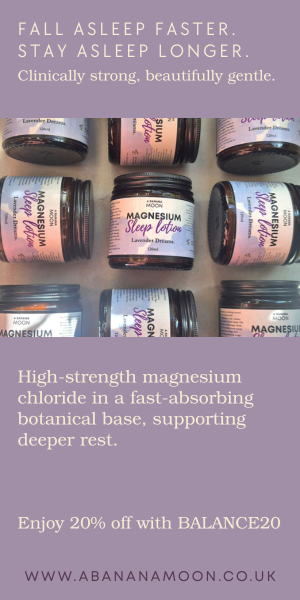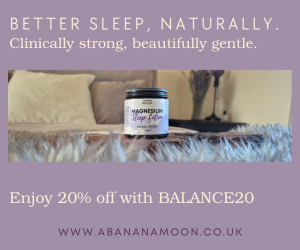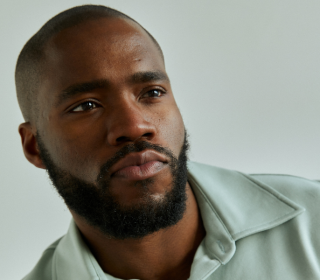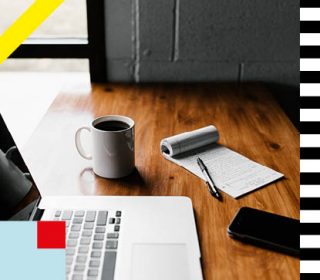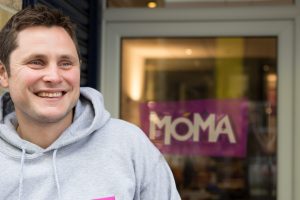Founder Focus: Feedr, Office Food Perks & Catering
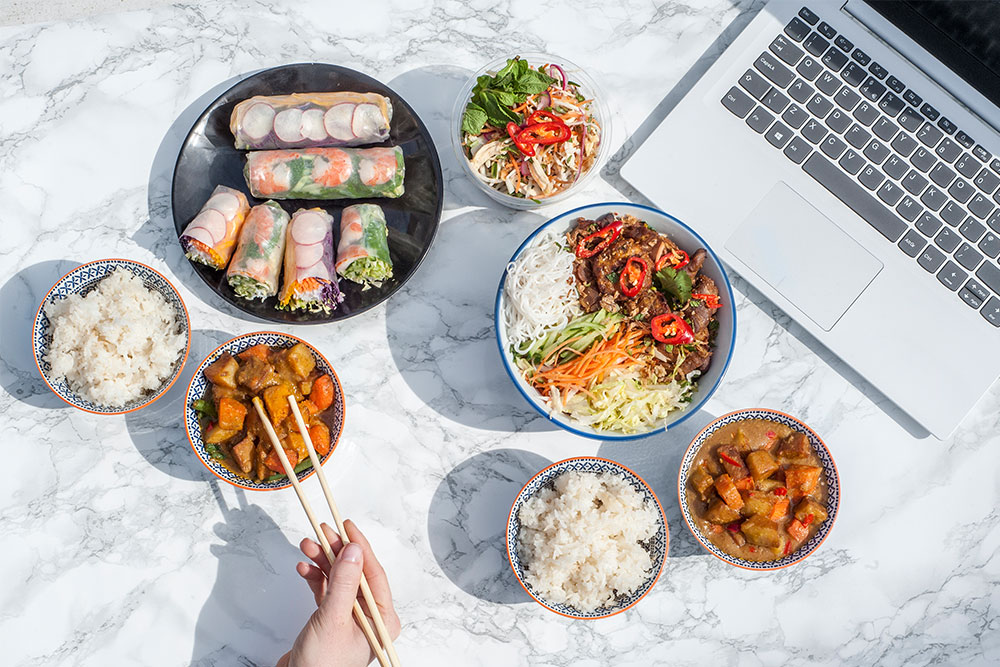
The brainchild of Lyz and Riya, Feedr was founded following the discovery of a mutual vision to revive office catering in London and make delicious, healthy food accessible to all.
Having witnessed firsthand the breadth of issues faced by companies trying to order food for their meetings and events, the pair identified an opportunity in the market. And so they built Feedr: a platform that employs the latest technology to make the process as simple and effortless as it should be.
What’s more, Feedr donates a meal for a meal to the Akshaya Patra Foundation. So each time you place an order with Feedr, you’ll be donating another nutritious lunch to a school child in rural India.
We caught up with Riya to find out how she created a business out of a pain point.
WHAT WAS YOUR ELEVATOR PITCH?
Feedr is an online marketplace transforming access to healthy food at work, using smart technology that unlocks spare capacity in some of London’s most interesting restaurants and healthy eateries. Feedr’s model creates collection points in workplaces and allows individuals to access tailored and personalised daily menus from suppliers such as Deliciously Ella, Farmstand, We Grill, Potage, and Maple & Fitz.
Over 500 companies including Airbnb, Etsy, Matches, DHL and PwC have used the marketplace to subsidise healthier meals for their employees and tens of thousands of meals are purchased by workers across the city each month.
WHAT WAS YOUR EUREKA MOMENT?
I wish I could say there was one eureka moment. Feedr was borne from a pain point I experienced; difficulty accessing healthy, high quality and transparently prepared food on a daily basis. The more I explored the market landscape, the more I fell in love with the problem and started carving out a differentiated solution to solve it. Our concept has evolved significantly over time into one that uses technology to personalise eating and to co-create menus with our vendors.
HOW DID YOU TEST FEEDR?
We tested extensively. Before we even had a product, we tried to sell the concept online and over the phone to see if people responded to it.
In the early stages of building, we would repeatedly put a basic version of our product into the hands of potential customers and watch how they used it. Was what we were doing feel vital or was it a nice to have? We supplemented this with surveys and focus groups, trying to deeply understand pain points and current behaviour.
At the early stage of founding a business, every entrepreneur hears what they want to hear, so we tried not to let our biases drown out the real feedback. There’s a great book called ‘The Mom Test’ which offers some healthy advice on how to test your idea and how to ask the right questions to ascertain whether there is a real customer pain.
WHAT ADVICE WOULD YOU GIVE SOMEONE THINKING OF STARTING A BUSINESS ON THEIR OWN?
Do not compromise on finding great hires early on. You don’t have to be excellent at everything, you just have to assemble a group of smart people, with varied skill sets who are excited to tackle the problem you want to solve. Bringing world-class people on board at the beginning was a game changer for me; I couldn’t have built the company I have without my Co-founder Lyz and the other early hires we made. This also set the bar high to bring on more excellent people to join our family.
Finding the best when you don’t necessarily have the money at the outset is a challenge but make people buy into your vision, offer them equity and keep going at it until you find the right people who see it and get on board.
Another key lesson for me has been, once you have ambitious people on your team, think hard about how to keep them motivated and give them the opportunity to continually learn and grow.
DID YOU HAVE A MENTOR OR ARE YOU ONE?
My father is my strongest and closest business mentor; he has always encouraged me to work hard and strive for excellence, and equally to consider failures a core part of the journey. He’s taught me to have integrity and he’s helped me see real perspective in the most challenging times. My mother is my life mentor – she is the woman who perfectly managed to raise her family, giving us the utmost patience, time and love, whilst helping my dad build his successful venture. More so, she is always there by my side silently cheering me on.
I regularly talk to and seek advice from other Founders who are further along than me – their advice is usually practical and on point, and a great way to sense check big decisions. I am also open to sharing with other entrepreneurs my own mistakes and opted to sit on the board of a couple of other startups, mentoring promising and passionate Founders that I enjoy sharing my advice with.
WHAT IS THE BOOK YOU WOULD RECOMMEND THAT EVERYONE READS AND WHY?
Steve Jobs’ biography. I love reading about people who see the world differently and have a creative aptitude which is so inspirational. This book is a healthy reminder of how far and how quickly you can move things from the status quo.
WHAT IS THE MOST WORTHWHILE INVESTMENT THAT YOU HAVE MADE?
Investing in an in-house engineering team at the start of our business proved to be a really worthwhile move for Feedr. It gave us the dexterity to pivot quickly and react to feedback from the market and it helped us create a much stronger product which people enjoy using. This is a decision that many startups contemplate – for us, it was undoubtedly the right direction to go in.
WHAT ONE FAILURE ARE YOU GLAD YOU EXPERIENCED?
In our seed investment round, we got really far along with an investor and things fell through at the last minute. It felt like the biggest blow at the time, but it actually ended up being a huge blessing because the teams who did invest in us ended up being an even better fit for our business.
Hearing ‘no’ during the fundraising process is hard but it really helped us to hone our proposition, challenge our assumptions and ultimately build a business model that was much more robust.
WHAT PIECE OF COMMON INDUSTRY ADVICE DO YOU DISAGREE WITH?
More an industry perception than a piece of advice but I see it everywhere these days and even get asked it myself: “How do you overcome the challenges of being a CEO and a woman!?” I understand why people feel that we have it harder, but in order to overcome these gender issues and move closer to equality, we have to stop honing in on the fact that it’s difficult for women to be in business. I would love to be seen as a CEO and Founder, not necessarily a ‘female founder’.



